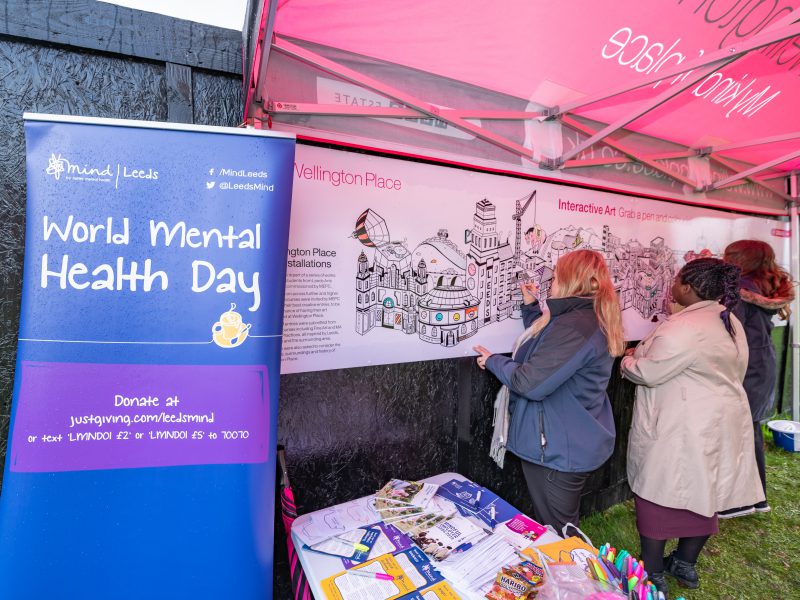How to practice mindfulness at work
‘Acknowledging the present’ may seem like just words you hear in a yoga class, but in reality, they are a strong part of creating mindfulness that’s essential to forming a successful workforce
In short, mindfulness is a moment-to-moment awareness of yourself and your surroundings. By becoming closer to the environments we surround ourselves in, and often used as a therapeutic technique, mindfulness encourages calmly acknowledging and accepting your thoughts and feelings.
The benefits of mindfulness include:
- Improved health through helping to reduce stress, lower blood pressure, and decreasing anxiety and depression levels
- Better focus and motivation
- Forming greater resilience
- Establishing stronger relationships
- Enhanced creativity
On average, we spend a third of our lifetime at work. With so much time dedicated to one place, being mindful at work can have extremely positive results both in and out of, which companies are starting to notice. For instance, Google and Nike offer relaxation rooms for meditation, have meditation coaches and run courses.
A survey run by corporate meditation coach, Golbie Kamarei, reports:
- 91% reported it positively impacted the culture
- 66% said they felt less stressed or had improved stress-management capabilities
- 63% are better able to manage themselves at work
- 60%reported increased focus and better decision-making skills
- 52% are able to better manage work relationships
- 46% reported increased innovation and creativity
But how do you be mindful at work? Here are five mindfulness tips to help get you started:
1. Create a calm, healthy environment
Picking a mantra, focusing on breathing, or taking a five-minute break: simple things that we tend to overlook, even just taking your full lunch hour and getting out and about. Choosing to bring one of these into your daily work routine can help to generate a calming, positive outlook on life. If you find it difficult to remember to incorporate, try setting a reminder or get help from apps such as Clementine where you can relax with five-minute meditations and organise it to receive a new mantra each day.
2. Be in the now
Our growing dependence on technology, hectic lives and constant social media presence force us to feel like we have to always be thinking of what is coming up in our future. Stop. Take a breath and focus on the now. Take a few moments each day to ground yourself by considering and appreciating your surroundings and the new sensations they offer.
3. Glass half full
By finding little bits of enjoyment in more mundane tasks, you prevent your mind from getting distracted by other worries and help to encourage positivity. Applying this to the workplace can help to reduce anxiousness by thinking through and writing down all the details when sending emails or making important phone calls.
4. Stop multitasking
Completing one task at a time will help you to create the best product you can by staying focused and calm instead of hurrying through a series of thoughts and attempts to multitask. You’ll finish projects, beginning to realise you feel less stressed and prouder of your achievements.
5. Your problems do not define you
Accept that we all have problems. Thoughts and feelings regularly get in the way of boosting our self-esteem every day. Remember these will pass and they do not define you. At the end of the day we can endure much more than we think we can. Writing gratitude notes can help breed positivity, even in the smallest things.



